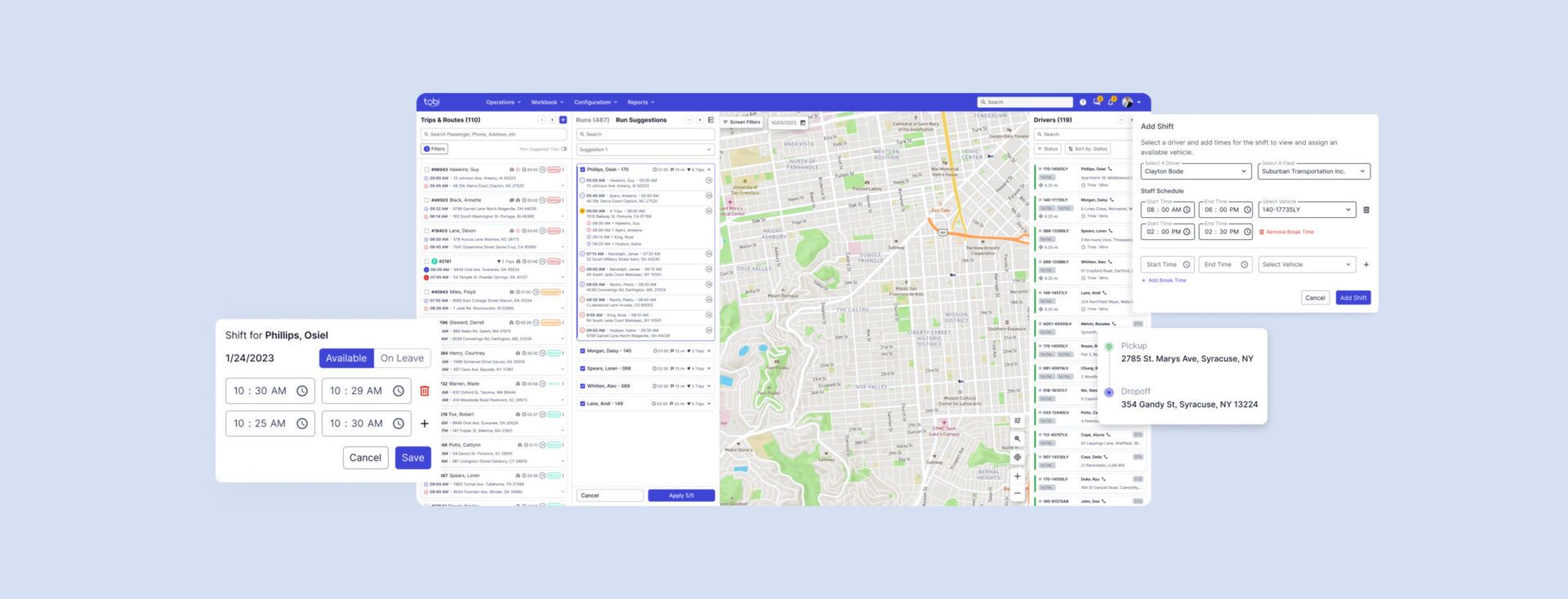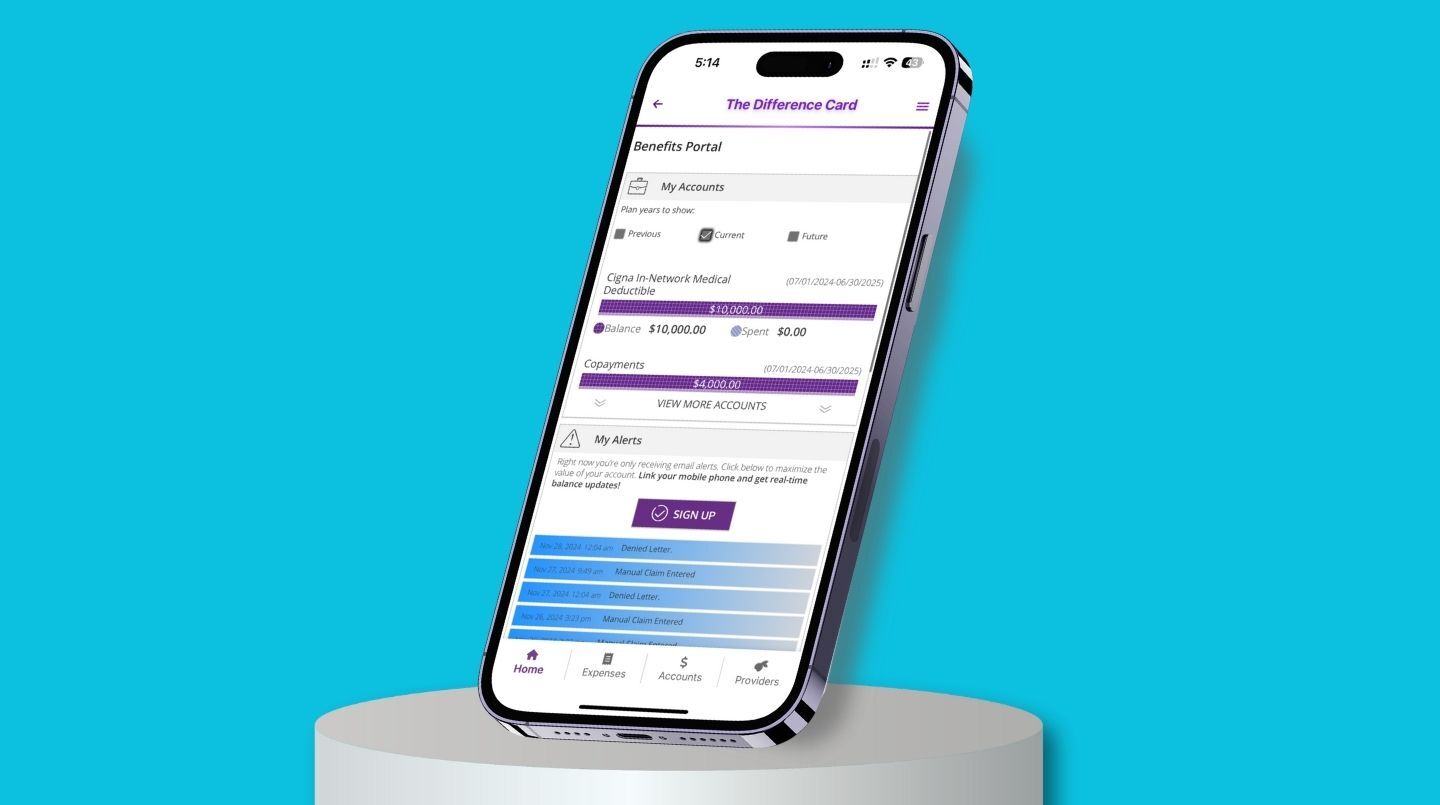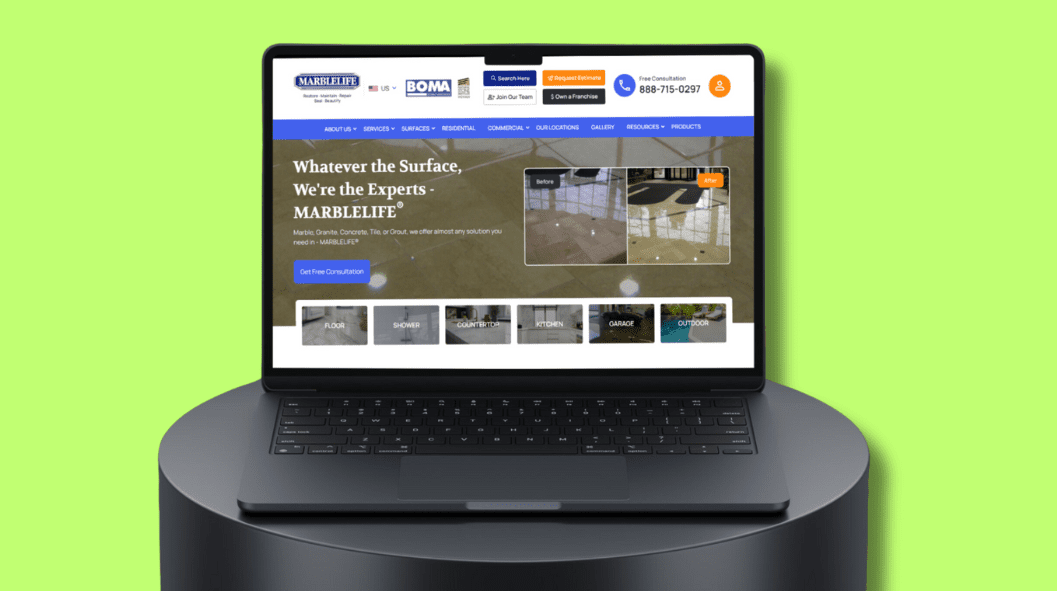Tobi provides a web-based Non-Emergency Medical Transportation (NEMT) platform that handles dispatching, fleet management, and other aspects for NEMT providers. The complex platform includes Android and iOS apps.
Taazaa has been Tobi’s development partner since its inception, creating and steadily improving the platform for several years. Our team created a fully autonomous, comprehensive application that uses data science to optimize routes in real time, automate scheduling, and streamline dispatching.
Due to the nature of NEMT businesses, the platform requires high reliability, frequent updates, and the secure handling of sensitive patient data. The high degree of complexity made regression testing a significant challenge
The QA team faced significant challenges due to a large and growing regression suite of over 2,000 test cases, which required 3-4 days of execution time for every major release.
The cross-platform ecosystem (web, Android, iOS) demanded extensive testing across multiple devices and browsers, and a continuous increase in mobile OS and web platform updates further doubled the testing scope.
As a healthcare platform, the system demanded rapid deployment of hotfixes and quick turnarounds, which manual testing could not efficiently support. As a result, the number of defects in production began to rise.
Additionally, limited tester availability and delayed feedback cycles began blocking fast-paced releases and hurting time-to-market.









.svg)






